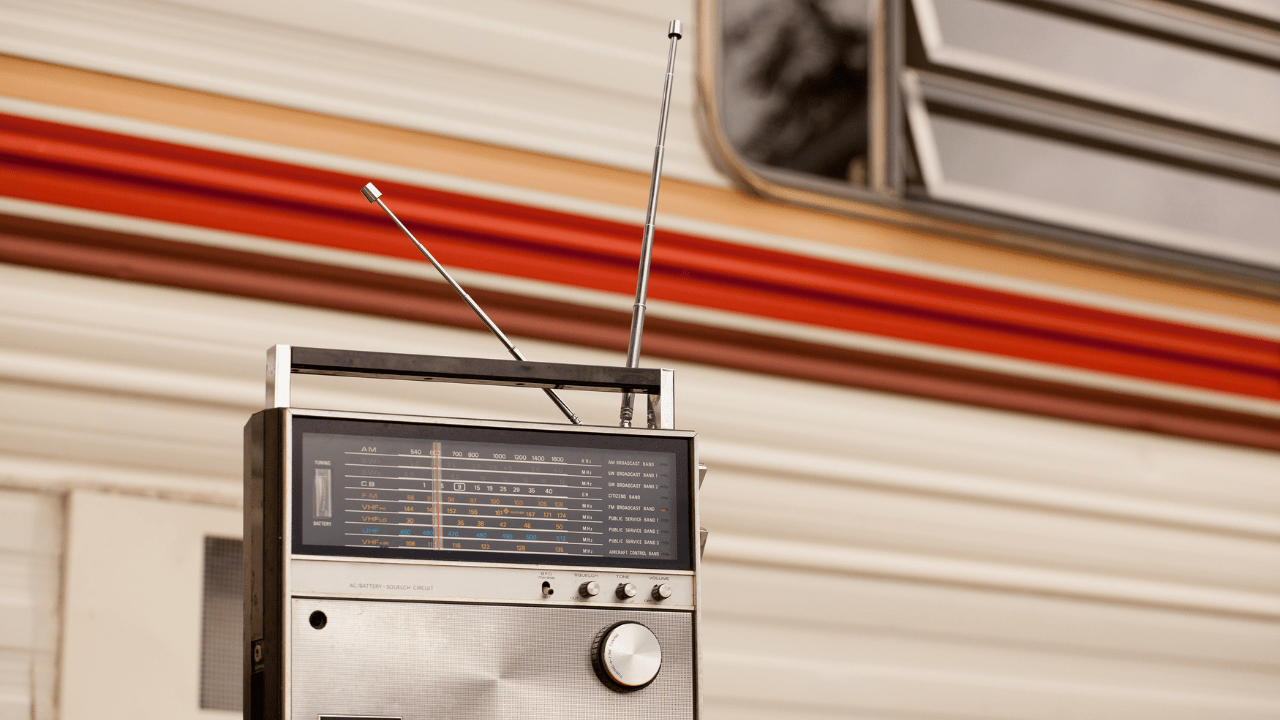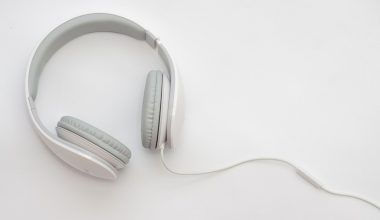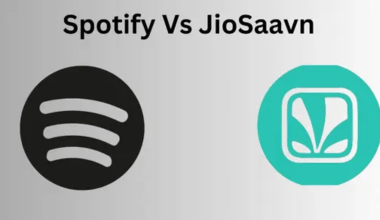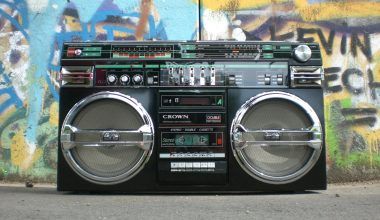Have you ever wondered how your favorite songs are tracked on platforms like Spotify or YouTube? How do musicians get paid for their work? This magic happens because of something called music codes. These codes are like fingerprints for your songs, helping them stand out in the crowded world of music.
Think of music codes as ID cards for your music. Each song, album, and even the composer gets a unique code. These codes help identify your work, track its usage, and ensure you get credit and payment for it.
If you’re an independent artist or part of a music label, understanding music codes can help you make better decisions and take control of your music career.
Why Are Music Codes So Important?
Music codes may seem like a small detail, but they make a huge difference in how the music industry works. Here’s why:
- They Protect Your Music: Music codes ensure that your songs are recognized everywhere they play. This is crucial for copyright protection.
- Track Usage: Every time your song is played, whether on a streaming app, the radio, or in a shop, these codes keep track of it.
- Help You Get Paid: With proper codes, platforms know who owns the song, making it easier to calculate royalties.
- Simplify Distribution: Platforms like Spotify or Apple Music need these codes to add your music to their library.
Without music codes, your work can get lost or even stolen. It’s like sending a letter without a proper address—it might never reach its destination!
Different Types
Let’s break it down into simple terms. There are a few main types of music codes that every artist should know:
1. ISRC (International Standard Recording Code)
- This code is for each recording of a song.
- Imagine you have a live version and a studio version of the same song. Each will get its own ISRC.
- Platforms use ISRCs to track streams and sales.
2. UPC (Universal Product Code)
- This code is for an album or a collection of songs.
- Think of it like a barcode you see on products in a store. It helps organize and track sales.
3. ISWC (International Standard Musical Work Code)
- This is for the composition or the musical work itself.
- It’s not tied to a specific recording but rather the idea behind the song (the lyrics and melody).
4. Catalog Numbers
- Used by record labels to manage their releases.
- It’s like a filing system to keep everything organized.
5. Regional Codes (Like SOCAN in Canada)
- These codes are specific to certain countries and their rights organizations.
Each of these codes serves a specific purpose, and together, they make your music ready for the world.
How to Get Music Codes
Getting music codes might sound complicated, but it’s easier than you think. Here are three simple ways to get started:
1. Use a Music Distribution Service
Platforms like Deliver My Tune make the process simple. When you upload your music for distribution, they create ISRCs and UPCs for you automatically.
2. Direct Registration
You can apply directly through organizations that manage these codes. For example:
- ISRC codes can be registered with IFPI.
- ISWC codes can be applied for through your local PRO (Performance Rights Organization).
3. Ask Your Label
If you’re signed with a label, they will handle music codes for you. Just make sure they share the details so you can keep track of your music.
Why Do You Need ?
Here’s an example to make it super clear:
Imagine you’re an artist and you upload a song to Spotify. If your song doesn’t have an ISRC, the platform won’t know how to track plays or assign royalties. As a result, you could miss out on money you’ve earned.
Now imagine the same song with an ISRC. Every time someone streams it, the ISRC tells Spotify that it’s your track. This ensures you get credit and payment for every single play.
Real-Life Example: How Music Codes Save the Day
Let’s take the story of Ravi, an independent musician.
- Ravi uploaded a song to a streaming platform but didn’t include any music codes. His track got a lot of plays, but he didn’t earn a single rupee because the platform couldn’t track his ownership.
- Then, Ravi discovered ISRC codes. The next time he uploaded a song, he used a service like Deliver My Tune to generate an ISRC. This time, the platform tracked every play, and Ravi started earning money for his hard work.
This shows how important it is to understand and use music codes properly.
Tips for Managing Music Codes
- Stay Organized: Keep a list of all your ISRCs and UPCs in a spreadsheet. This helps you track which codes go with which songs or albums.
- Double-Check: Make sure your codes are correct before uploading music. Even a small error can cause confusion.
- Work With Trusted Services: Platforms like Deliver My Tune can help you manage music codes, distribution, and royalties.
Common Questions About
1. What happens if I don’t use music codes? You might lose royalties or fail to get proper credit for your music. Music codes ensure your work is recognized.
2. Can I create ISRC codes myself? Yes, if you register with an authorized agency. However, it’s easier to let a music distribution service handle it.
3. Are music codes free? Some codes are free, while others require a small fee. Many services include them in their packages.
How Music Codes Help With Royalties
Royalties are payments artists receive when their music is played or sold. Without music codes, collecting these payments can be a nightmare.
- ISRC codes track streams and sales on platforms like Spotify.
- ISWC codes ensure songwriters get paid for their compositions.
By using music codes, you make sure that no money is left on the table.
The Role of Deliver My Tune in Managing
Deliver My Tune is an artist-friendly platform that makes managing music codes easy. Here’s how they help:
- Automatic Code Generation: They create ISRCs and UPCs for every track you upload.
- Simplified Distribution: They ensure your music reaches over 100 platforms, including Spotify and Apple Music.
- Transparent Royalties: You get detailed reports showing where and how your music is earning.
Final Thoughts: Why Music Codes Are Your Best Friend
Music codes may seem small, but they’re incredibly powerful. They help you get recognized, track your music, and earn the money you deserve. Whether you’re an independent artist or a part of a label, music codes are essential for success in today’s music world.
If you’re ready to take control of your music, start by learning about ISRCs, UPCs, and ISWCs. And if it feels overwhelming, don’t worry—services like Deliver My Tune are here to help you every step of the way.
So, the next time you release a song, remember to add music codes. They’re your secret weapon for standing out in the music industry!
Related Articles:
For further reading, explore these related articles:
- A Band of Musicians: The Heartbeat of Music
- Easy Voice Exercises to Make Your Voice Strong and Healthy
For additional resources on music marketing and distribution, visit Deliver My Tune.






